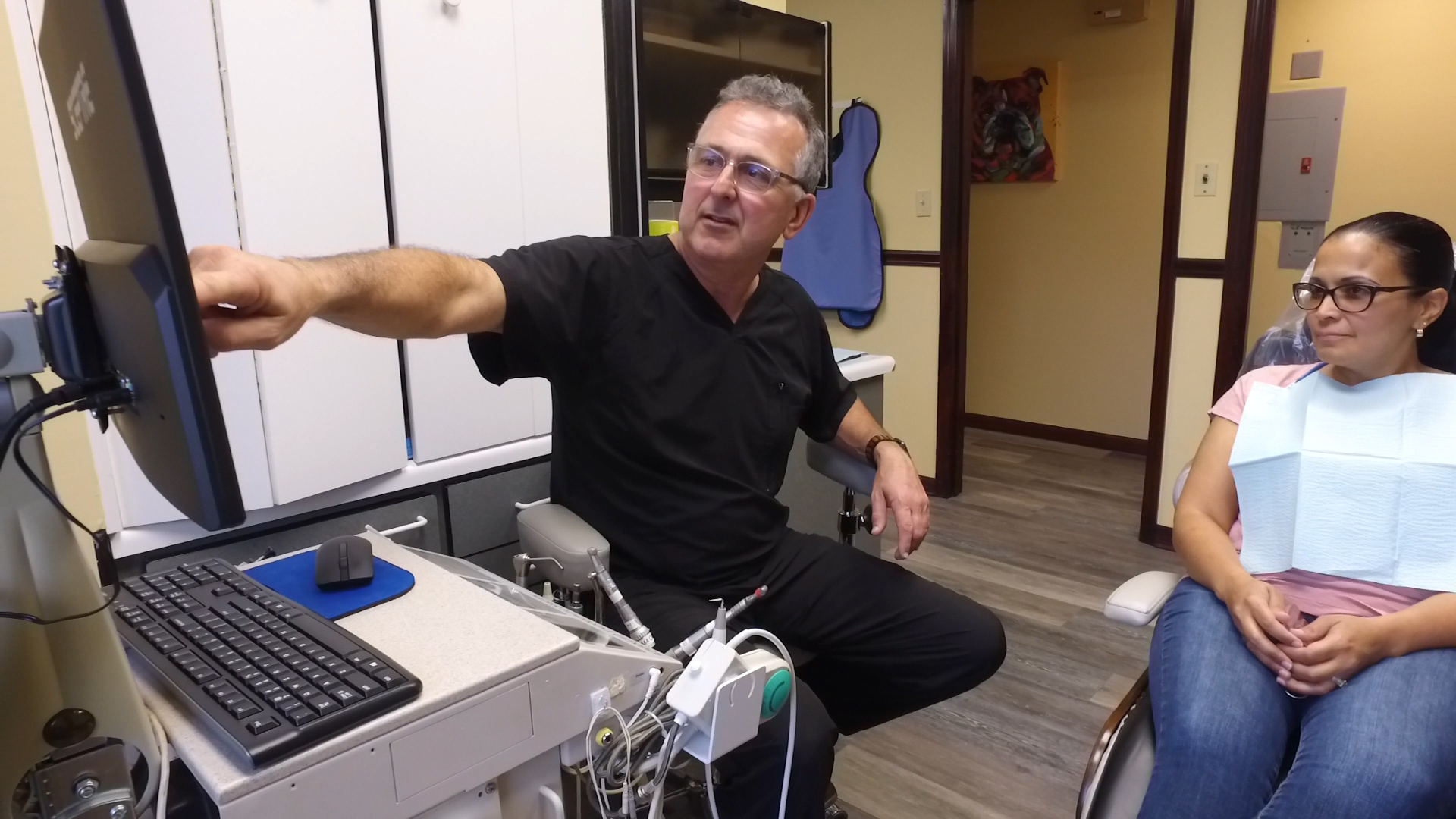FAQ's
FREQUENTLY ASKED QUESTIONS
While all endodontists are dentists, less than three percent of dentists are endodontists. Just like a doctor in any other field, endodontists are specialists because they’ve completed an additional two or more years of training beyond dental school. Their additional training focuses on diagnosing tooth pain and performing root canal treatment and other procedures relating to the interior of the tooth. In many cases, a diseased tooth can be saved with endodontic treatment. For this reason, endodontists proudly refer to themselves as Specialists in Saving Teeth.
We will take every measure to ensure that your procedure is in no way uncomfortable or painful. If treatment is needed, we will inject a small amount of anesthesia to gently numb a concentrated area of your mouth. For our sedated patients, getting numb seems to be so much easier. For most patients, the feeling of numbness usually subsides after 2-3 hours.
Endodontists mainly do root canal treatments, perform various endodontic surgeries, and address traumatic dental injuries when they arise. Some also place dental implants. Their overall goal is to save your natural teeth whenever possible; in spite of this, an endodontist will always look at all treatment options to determine the best course of action for your individual case.
Yes, for most root canal treatments, we recommend that patients return to the office 1 year after the procedure was finished. Our office will send a reminder notice to you when you are due for a recall appointment.
We do our best to accommodate emergency patients in a timely fashion. We reserve time everyday so that we can see emergency patients on a same day basis or at least the next business day.

